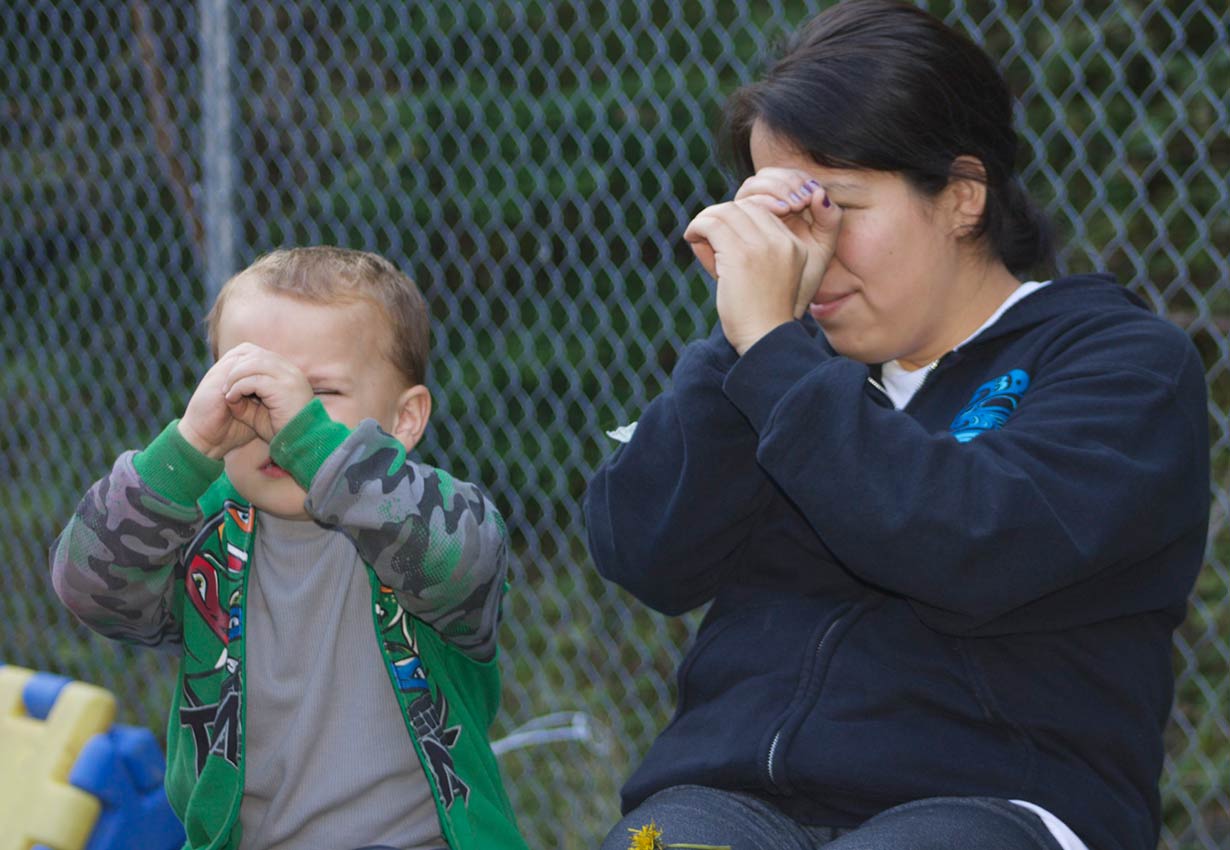ECEBC News
Media Release: Findings from the recent report “Evaluation of Early Care and Learning Recruitment and Retention Strategy” in British Columbia Now Available (April 3, 2024)
Published: April 3rd, 2024
Vancouver, BC, April 3rd, 2024 – The Early Childhood Educators of BC (ECEBC) is pleased to share the Evaluation of the Early Care and Learning Recruitment and Retention Strategy in British Columbia, Evaluation Report. Funding for this report was provided through the Canada-British Columbia Labour Market Development Agreement.

For immediate release
Findings from the recent report “Evaluation of the Early Care and Learning Recruitment and Retention Strategy” in British Columbia are now available
Vancouver, BC, April 3rd, 2024 – The Early Childhood Educators of BC (ECEBC) is pleased to share the Evaluation of the Early Care and Learning Recruitment and Retention Strategy in British Columbia, Evaluation Report. Funding for this report was provided through the Canada-British Columbia Labour Market Development Agreement.
In 2018, B.C. launched the Early Care and Learning Recruitment and Retention Strategy (ECL R&R Strategy). An evaluation project was set up to develop a continuous mechanism for the sector to provide feedback and information regarding the impact of diverse ECL R&R Strategy tactics as they are implemented. Interim reports are produced annually with a final report scheduled for 2024.
This year, the report has been split into two documents to increase readability.
The Technical Report includes the updated project management work plan, evaluation methodology and framework, and detailed results related to each Key Performance Indicator.
The Findings Report has been structured around six key recruitment and retention themes:
- Satisfaction with child care work
- Perceptions of child care work
- Wages and benefits
- Education and certifications
- Workforce development
- Labour mobility and workforce stability
Important results related to each theme are presented, along with a summary on key performance indicators and provisional answers to the evaluation questions. This Findings Report is further supported with an Executive Summary, Infographics, and a video.
While it is too early to determine the overall effectiveness of the ECL R&R Strategy, the evaluation report’s interim findings will continue to inform progress towards the Strategy’s three goals.
Key findings, related to the three goals
Goal 1. An adequate and stable workforce of qualified and skilled early care and learning professionals.
- The number of professionals in BC with Early Care and Learning related qualifications is increasing, yet the proportion of those working in child care and holding ECE or ECE specialty certification is declining according to the employers in the sample.
- Staff exits and anticipated departures from the workforce were at their highest levels in 2022 among those surveyed.
- It is becoming increasingly more difficult for employers surveyed to find well qualified staff.
Goal 2. Early Care and Learning to be viewed as a viable, sustainable, and valued career.
- The results to date are mixed.
- More of the Early Care and Learning workforce surveyed consider child care as their chosen profession compared to 2019. However, more also consider their job as temporary, and more now plan to leave the early care and learning sector.
- Fewer Early Care and Learning professionals in the sample would recommend the sector to others in 2022 compared to 2019.
- While professionals may feel undervalued, the general population in BC holds overwhelmingly positive views of child care professionals.
Goal 3. Appropriate compensation plans and human resource strategies are put in place
- The government’s $4 an hour wage enhancement for Early Childhood Educators is making a difference and continues to be appreciated.
- Unfortunately, the impact of the wage enhancement has been muted by inflation. Low pay remains the main reason why professionals leave the sector.
- The research shows that employment benefits are very important to job satisfaction and since 2019, more employers offer benefits to their staff.
- Access to benefits continues to vary significantly across the sector with only one quarter of employers reporting offering pensions to staff.
One professional who was interviewed said, “As caregivers, we’ll push through and we'll put the children first, but at the end of the day, our wellness, our health, and our physical body really take a toll. In the end, we're not able to provide the best care. So, who does that really benefit?”
“Without the government’s significant and ongoing commitment to ECL professionals, the situation would be much worse. While recruitment and retention tactics of the past four years have helped, they have not yet made enough of a difference. The evaluation reports highlight that recruitment and retention in BC’s Early Care and Learning sector continues to be a significant challenge for employers, professionals, and families.”
Emily Mlieczko, Executive Director of the Early Childhood Educators of BC (ECEBC).
Both reports, including the nine recommendations for moving forward, infographic, and video can be found on ECEBC’s website. www.ecebc.ca
About the Evaluation of the Early Care and Learning Recruitment and Retention Strategy in British Columbia
The research and community engagement process is governed by a Sector Steering Committee, key stakeholders who provide expertise and disseminate the engagement opportunities within their networks. Their commitment to the project is instrumental to its success.
The research, analysis and reports were provided by the Social Research and Demonstration Corporation (SRDC). SRDC is a non-profit research organization, created specifically to develop, field test and rigorously evaluate new programs.
The Early Childhood Educators of BC advances early childhood education and educators in the province of British Columbia. ECEBC is dedicated to building respect for early childhood education and educators and advancing the profession.
The Sector Labour Market Partnerships program provides “collaborative partnerships within or between sectors, populations, and/or economic regions for projects that anticipate or address labour market challenges, investigate knowledge and skills gaps, and identify and test innovative solutions.” For more information about SLMP projects, see https://www.workbc.ca/Employer-Resources/Funding-and-Programs/Sector-Labour-Market-Partnerships.aspx

Media Contact:
Emily Mlieczko, Executive Director
Early Childhood Educators of BC
Tel: 778-994-8001
